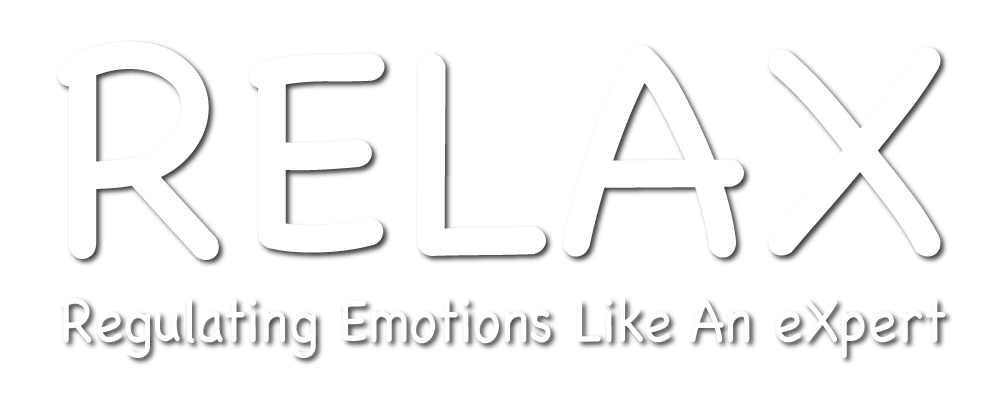
It is often easier to feel mad than it is to feel other emotions – for example if you are mad at a friend for saying something mean about you to another friend, you may feel angry, but you probably feel sad, disappointed, or hurt too.
Emotions are temporary – The belief that negative emotions will last forever can make us act in ways that we would not if we realized they were temporary.


You are only in control of your own behaviors and how you act on your emotions! You cannot control how others behave.
Stop and think each time you have a conflict – Is there a different way you might handle the situation to meet both your interests and needs and those of the other people involved?

Please watch this video which discusses how our brain reacts when we experience strong emotions. You will need to watch this video carefully to answer the questions below. Please mark the video complete when it is done, prior to answering the quiz.
How Our Brain Reacts During Strong Emotions
MODULE 5: Perspective Taking and Communicating
How Managing Emotions Can Reduce Conflict
How Our Brain Reacts During Strong Emotions
Steps for Conflict Resolution
Conflict Problem Solving Activity
My Profile
© CALMER Lab and the Child Study Center at Virginia Tech. All Rights Reserved.
Website Development by Bold Print Design Studio.
Website Development by Bold Print Design Studio.
